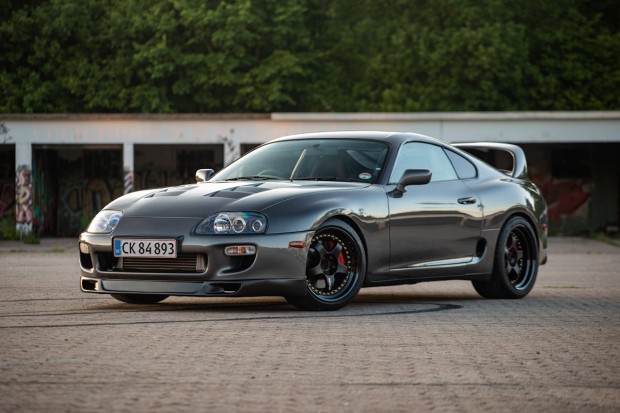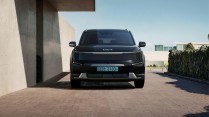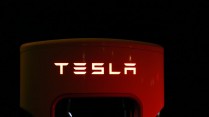Toyota’s Hybrid-First Strategy Propels Impressive Profit in Current Market
By Dabbie Davis
Mar 10, 2024 10:31 PM EDT

It appears that Toyota has fallen behind in the market for electric vehicles. Tesla seemed to performed better than its competitors as an electric vehicle innovator. It rose to the top of the global automobile value rankings. Other major competitors in the market, including as General Motors and Ford Motor Company, decided to invest billions to catch up with Tesla's success. Thus, concluding that a significant fraction of consumers was ready to make the switch to battery-powered cars. After staying behind, Toyota is now well-positioned to benefit from the expanding EV market. Even its rivals are starting to notice that its emphasis on hybrids is paying dividends.
Toyota's Hybrid-First Strategy Works
According to a New York Times report, observers criticized Toyota for being deliberate-or as some put it, lethargic. The company's decision to launch just two completely electric models in the US indicated that it was placing its faith in the long-term appeal of its distinctive gas-electric hybrid and plug-in hybrid cars as adequate responses to climate change for the time being.
It seemed like Toyota was out of step with the general trend, even with the recent surge in popularity of electric cars. Earl Stewart, a Toyota dealer in Lake Park, Florida, expressed surprise when discussing Toyota's strategic approach, as he was keenly aware of Tesla's advancements in the automotive industry. Stewart, who also enjoys driving his Tesla Model S, shared his initial reaction to Toyota's decisions.
The efficacy of Toyota's Hybrid-First Strategy is evident in its financial performance. Over a nine-month period beginning last April, Toyota recorded a profit of $27 billion. This is representing almost twice increase compared to the corresponding period in the previous year. In contrast, Tesla's profit of $15 billion in 2023 marked a modest 19% rise from its 2022 earnings.
READ MORE: Porsche Addresses Safety Concerns, Recalls 8,100 units of 911 for Windshield Defect
The substantial shift in the automotive sector that is currently taking place is brought home by Toyota's comeback. The sector that was originally characterized by consistency and stability is evolving as a result of new technology. This includes electric cars, software, and advanced microchips.
Comeback to Take the Lead
As per Business Insider, Toyota is set to take back the top spot for green cars category. Given that consumer preferences are moving toward hybrids and the market for battery-electric cars is contracting, the Prius maker is well-positioned to benefit from this stage of the electric car transition.
Despite being criticized for lagging behind in the EV domain compared to its industry counterparts, Toyota has emerged as the top consideration among EV shoppers in a recent survey, surpassing Ford and Elon Musk's Tesla.
Evidently, Toyota's emphasis on a more hybrid-first strategy to electric cars has resonated with the new cohort of electric-car shoppers, who prioritize practicality and cost-efficiency over the early adopters of electric vehicles.
Akio Toyoda, the chairman of Toyota, has continuously voiced his doubts about the auto industry's complete dedication to battery-powered cars, promoting Toyota's "multipathway approach," which entails intensive research and development of a variety of alternatives to the conventional internal combustion engine.
Regarding the widely held belief that electric vehicles (EVs) will unavoidably rule the powertrain market, Toyoda has expressed doubts. In a January statement, he predicted that, in the long run, battery electric vehicles (BEVs) would probably not take up more than 30% of the worldwide market share, notwithstanding the technological breakthroughs made in this respect.
RELATED ARTICLE: Toyota Motor Demonstrates AI Mastery as Supra Pioneers Self-Drifting Tech
Copyright @ MOTORTIMES, All rights reserved. Do not reproduce without permission.








